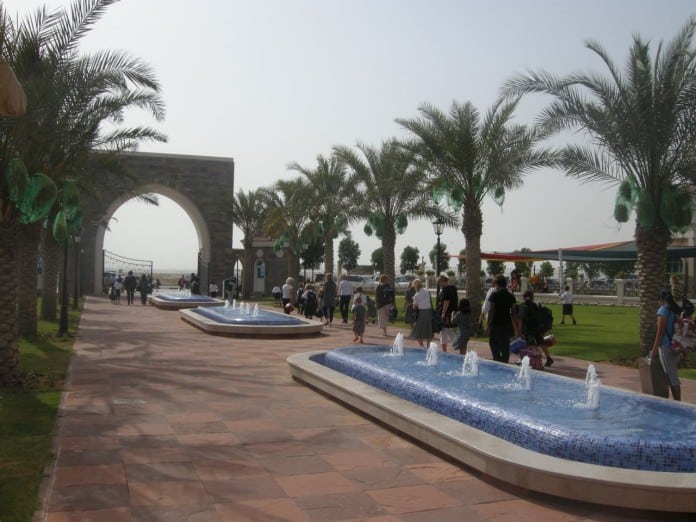
Along with the raising tuition costs and lack of improvement in quality of education, schools in Dubai and the UAE are facing a new wave of outcry from concerned parents. It comes after yesterday’s announcement for increased number of school holidays. As the school year in the UAE gets even shorter, the country becomes one of the places with the least schooldays in the world.
The next academic year in the UAE will have extra 14 holiday days, said the Ministry of Education in a statement Tuesday. The 2015-2016 school year will begin on August 30 for children and a week earlier for teachers and other staff members. The winter vacation will last for three weeks, while the spring break will be two weeks. According to the statement, the last day of the school year is June 23 and teachers’ break starts on July 5. With these changes, the current 189 school days calendar is revised to 175 and this will remain for at least three years.
The announcement comes after the Cabinet’s decision to add 10 days to the school calendar last year, which apparently didn’t prove wise, according to education authorities. The ministry claims the change is designed to bring international standards into the educational system in the UAE. However, there are no international standards in terms of length of the academic year. Standards are instead related to quality of education (assessed in different ways), number of instructional hours, and so on. Around the world, most countries have around 200 school days, with countries such as China and Japan having over 240. Of course, in most education systems, it depends on the grades and for high school and academic levels in colleges and universities the school year is much longer than the one for elementary school.
The reduced school days are a cause for concern for many parents in the UAE, who are forced to hire a babysitter to take care of the children, while they are at work. One alternative is taking the kids at their grandparents’, but in the UAE, many families with younger children are foreigners, who have no extended family in the country, let alone in the same city. And while this remains completely up to parents, kids face a bigger and more serious problem.
Will schools and teachers be able to fit all the material they need to teach in fewer days? Will so much interrupted by holidays teaching be good enough for pupils to learn all subjects, required in the educational programs and tests? What about the children who also have after-school and extracurricular activities?
The effect of a shorter school year on the secondary school students will be even more adverse. Already many expat parents are opting for sending their children back to their countries or to expensive foreign boarding schools in order to complete their high education.
Another huge problem for parents and many teachers and experts is also the fact that currently, students in the UAE are taking part in a large-scale experiment with their education. There’s some new law and regulation every year, teachers change all the time, there are no standardized programs, and so on. This constant instability in education only interferes with good teaching practices and children’s efforts to learn and accomplish more. Of course, how effectively school time is used is much more important than simply the number of school days, but change means lack of consistency, maturity and reliability – crucial features of every education.




































